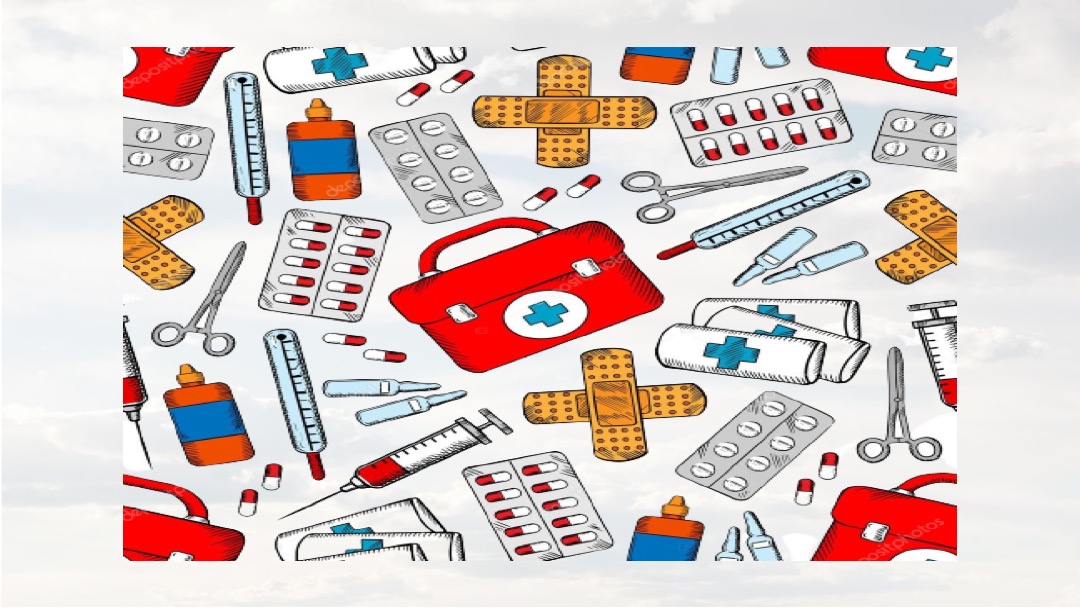To Vaccinate or Not To Vaccinate
What does measles look like? What about polio? What are the symptoms of mumps? The majority of parents today have heard of such childhood diseases, but may have the vaguest idea of they really are? Even pediatricians probably haven’t come any closer to such diseases than an image in a medical textbook. The reason for the distant medical memory and why it’s pretty safe to be a child nowadays is simple: childhood vaccines. Widespread epidemics including polio, measles, smallpox, mumps and rubella, once were a serious and fatal threat worldwide are now avoidable.
What vaccines are and what they aren’t?
Vaccines contain fragments weakened and killed by bits of the microbes who are responsible for causing a particular disease including polio, mumps and rubella and much more. When a human body is exposed to such bits it accumulates a remarkably effective immune response to such diseases and fight off real bugs.
How effective are they really?
In 1963, before the measles vaccine was available, virtually every person in the US contracted the diseases by the age of 20, meaning thousands of hospitalizations each year. When the measles vaccine arrived, the number of cases declined by 95 percent. Before the immunization for whopping cough was available, hundreds of thousands of individuals contracted this disease each year, and thousands died. Nowadays, there are between 10,000 to 50,000 cases reported yearly in the US, with up to 20 babies dying yearly. About 195,000 children die each year from the disease in other areas of the world.
Vaccines Protect Your Children:
- Protection from Infection: Vaccinations are one of the greatest ways to preserve children’s health. Vaccines lowers your child’s risk of many diseases. The odds of your little ones contracting any of the serious, but preventable diseases are very unlikely.
- Protection for Community: Such immunizations, not only keeps your little one healthy, but the whole community as well. When you vaccinate your child, you are also helping protect other children as well and vice versa. When all children are vaccinated outbreaks are prevented.
- Future Protection: When you immunize your child you are also protecting your grandchildren; this is due to widespread vaccine protection that has resulted in some of the diseases being wiped out. Once a disease becomes medical history such as small pox, the immunization against this disease is no longer necessary. The vaccine against small pox is no longer provided.
Risk of Side Effects: As with many other medicines, vaccinations come with minimal risk of side effects. About 24 to 48 hours after receiving a vaccine, babies and kids may get a tad fussy, develop a fever or lose their appetite. Serious side effects after a vaccine such as an allergic reaction are extremely rare, but doctors and staff members are trained to treat them.What About Autism? In 1998, a lot of parents became concerned when a study reported a link between autism and MMR (mumps, measles and rubella) vaccine. In 2004, the questionable study was retracted by almost all of the researchers, when an abundant amount of scientific studies, which involved thousands of children worldwide, showed no evidence of the vaccine increasing the risk of autism, not even the slightest. Besides, certain flu-vaccines in multi-dose vials, there is no recommended childhood vaccine that contain thimerosal, a compound that inhibits the growth of dangerous bacteria/fungus and includes low levels of mercury) as a precaution. Although, there are no scientific studies that proved any association between thimerosal in vaccines and autism, in 1999 the US Public Health Service recommended eliminating the preservative from all childhood vaccines, to reduce mercury exposure as much as possible. The amount of thimerosal is almost zero.Why Continue Vaccinating? For vaccines to continue safeguarding your child, they need to continue being vaccinated- and that’s where you come in. Although, no mother enjoys watching a needle headed her little one’s way, maintaining your kid’s vaccine schedule is one of the greatest ways to keep them healthy. Follow the steps below to get your kid the vaccine he needs.
- Let’s Discuss: No one understands how important immunizations are, more than your pediatrician. Set an appointment to discuss which vaccine to get and when, and make sure to stay up to date with your child’s vaccine schedule, if your kid fall’s behind schedule, he may not be eligible for protection against the disease due to age limit.
- Be Prepared: You can help your little one cope with shots by bringing something to distract him/her, such as a favorite book or toy. Feel free to reward them after.
- Keep it up: Schedule regular appointments with your pediatrician to stay on top of shots.
Here’s to your little one’s long lasting good health.

